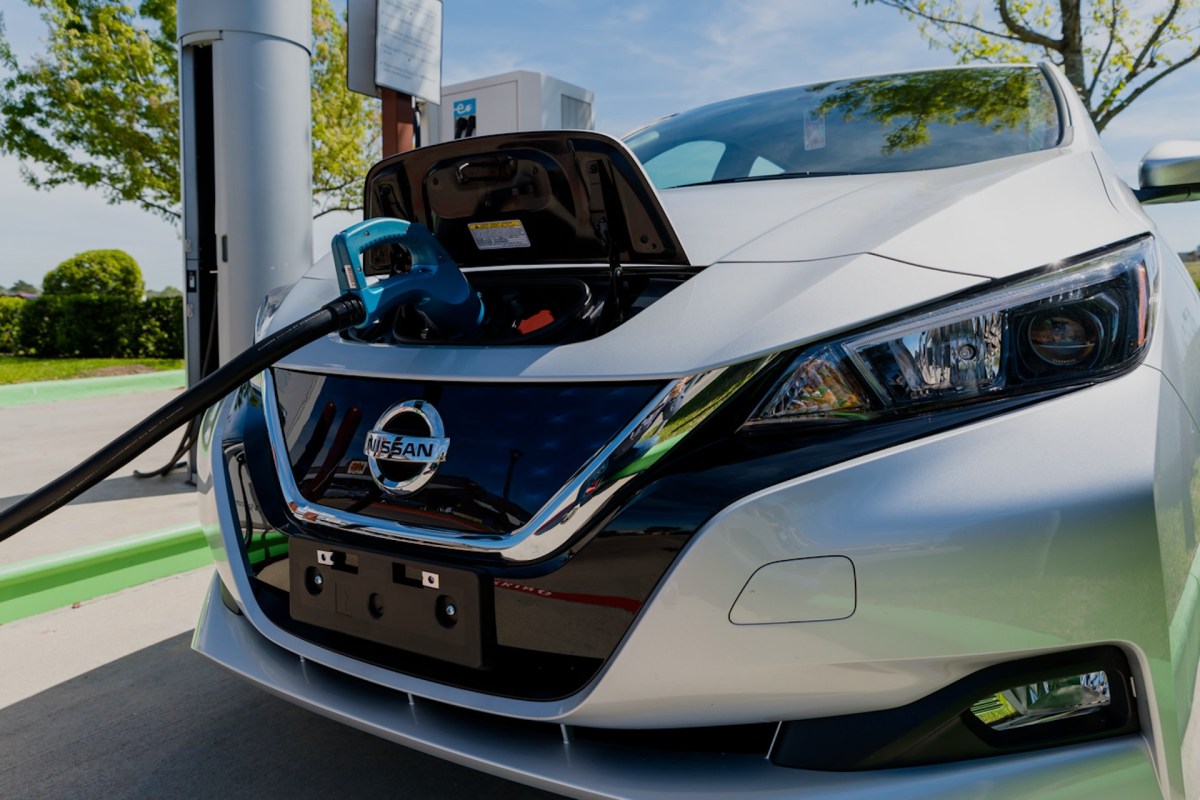In answer to accusations that electric vehicles are actually worse for the environment than gas-powered cars, the Guardian recently published a myth-busting article that breaks down the numbers and shows that EVs cause less air pollution.
The main benefit of EVs is that powering them up takes less of a toll on both your wallet and the planet. The argument is that the electricity they run on can get you farther for cheaper, and generating electricity creates less air pollution than burning fuel inside an internal combustion engine, which is why the EU is banning ICE vehicles. Mining for EV battery materials, though it has impacts, is also still better for the planet than mining for fuel sources, and the process is improving all the time.
But not everyone sees that as the whole picture. The Guardian explains that Florida Sen. Rick Scott said there was "ample evidence to suggest that EVs are not as clean as people are being led to believe and folks deserve to know the truth," and other conservative policymakers supported the statement.
🗣️ Would you be more likely to use a rideshare service that offers EV rides?
🔘 Absolutely 👍
🔘 Only if it wasn't more expensive 💰
🔘 Only if the wait times weren't longer ⌚
🔘 Not interested 🚫
🗳️ Click your choice to see results and speak your mind
EV batteries do take energy to manufacture because the materials need to be baked, and the batteries need to be charged during manufacturing. According to the Guardian's summary of Environmental Protection Agency information, this leads to about a 60% increase in air pollution when manufacturing an EV compared to an ICE vehicle.
However, ICE cars produce more pollution when they're actually driven, spewing exhaust with every mile.
So if EVs cause more pollution and use more energy during manufacturing, but ICE vehicles take a higher toll when driven, the question is, which actually comes out on top?
The campaign group Transport & Environment says it's EVs every time, over the course of vehicle lifetimes, the Guardian reports. It analyzed a variety of scenarios, including a "best case" when the EV was manufactured and charged using clean energy sources like solar power and a "worst case" using dirty energy.
Their analysis found that even in the very worst case, the EV made up for its more polluting manufacturing process in only about 43,500 miles of driving, or about six years of use. Plus, the more you use an EV, and the cleaner the energy you charge it with, the more it pulls ahead.
Colin Walker from the Energy and Climate Intelligence Unit think tank told the Guardian, "Even if you have a really dirty grid, EVs are still better for the environment. That will keep going as the grid gets cleaner and cleaner."
Join our free newsletter for cool news and actionable info that makes it easy to help yourself while helping the planet.









